Stephanie Dooper
Library Blogs
Showing 1131 - 1140 of 1980 items

The library is more than a place to read, study, or research. As the Graduate Intern for the Library Student Engagement Program I have found that library to be a place that stimulates creativity, fosters self-efficacy, and even creates a bit of fun. To me, the library has become a place for growth, where engaged learning is not merely in a classroom, but also in the place that prepares students for the classroom. As the program assistant for the Library Student Engagement Ambassadors, I see this transformative learning firsthand, and even better, I experience it alongside the students I mentor.
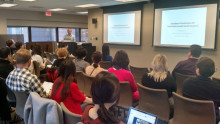
Last year, the Lieberthal-Rogel Center for Chinese Studies (LRCCS) and the Asia Library began co-sponsorship of a new series of guest lectures and workshops under the title Deep Dive into Digital and Data Methods in Chinese Studies.
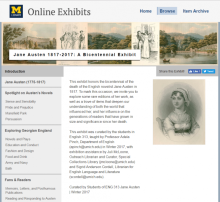
The Special Collections Library is pleased to announce a new online exhibit: Jane Austen 1817-2017: A Bicentennial Exhibit. This exhibit honoring the 200th anniversary of Jane Austen's death was curated during Winter Term 2017 by students in English 313, taught by Professor Adela Pinch, Department of English, with exhibition assistance by Juli McLoone, Outreach Librarian and Curator, Special Collections Library, and Sigrid Anderson Cordell, Librarian for English Language and Literature.
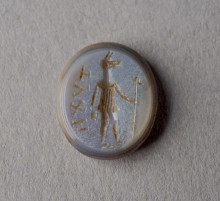
I am pleased to showcase a student critique of the current exhibit, The Art and Science of Healing: From Antiquity to the Renaissance. Students of professor Aileen Das' class, Ancient Medicine in Greece & Rome, visited this exhibit at the Kelsey Museum of Archaeology last February. They were assigned with the fascinating task of examining this display from various angles, not only from the perspective of the visitor but, more interestingly, also from the view of the exhibit curator. As I guided their visits, I tried to reconstruct for them the different stages involved in the making of this exhibit, from the original idea that I probably wrote on a piece of napkin, to the aesthetics of the display room and the painful selection of the witnesses of the story I wanted to tell: the artifacts themselves! But let us now hear Shannon's critical reaction:
•
Ever since reading Plato’s Symposium and studying the life and works of Gertrude Stein in undergraduate school, I have been obsessed with the idea of cultivating or participating in my own Greek symposium or French salon, a space for academics to express themselves and their research outside of the confines of traditional academia, a community of artists, scientists, intellectuals, where walls between disciplines and positionalities seem to crumble, a space to break bread together and unabashedly share ideas, and a space in which the resources to cultivate and manifest such ideas are made available.

The University of Michgan has a long history of student activism on campus, particularly around antiwar movements. An especially significant event was the Feburary 1970 protest against General Electric recruiting engineers on campus. The Labadie Collection’s Subject Vertical Files has documentation of this event which helps us understand the contexts of student activism in the past and present.
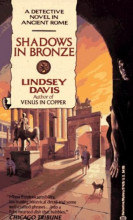
Ancient Roman private eye Marcus Didius Falco travels to the cities of southern Italy, including Pompeii eight years before the eruption of Vesuvius, to track down conspirators against the emperor Vespasian and to win the heart of the aristocratic woman he loves, Helena Justina. This is another thrilling entry in the popular mystery series.
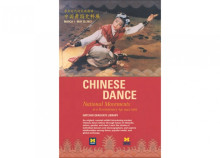
The Asia Library and the Lieberthal-Rogel Center for Chinese Studies are co-sponsoring a physical exhibit, a curator talk, a conference, and an online exhibit about the history of dance in China.
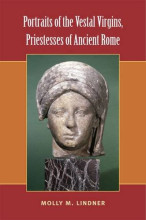
Art historian and University of Michigan graduate Molly M. Lindner discusses the Vestal Virgins, priestesses who were among the most honored women of ancient Rome. At the heart of the book is a catalog of the surviving sculpture portraits of the Vestals. Lindner discusses how the sculptures can tell us more about the Vestals than written evidence can, and she writes about the Vestals' influence on other Roman women.
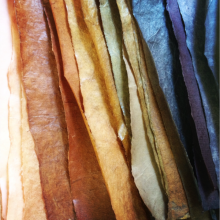
Join us at 1 pm this Thursday (30th March) in the Hatcher Library Gallery for a lecture and demonstration with papermaker and artist Radha Pandey.